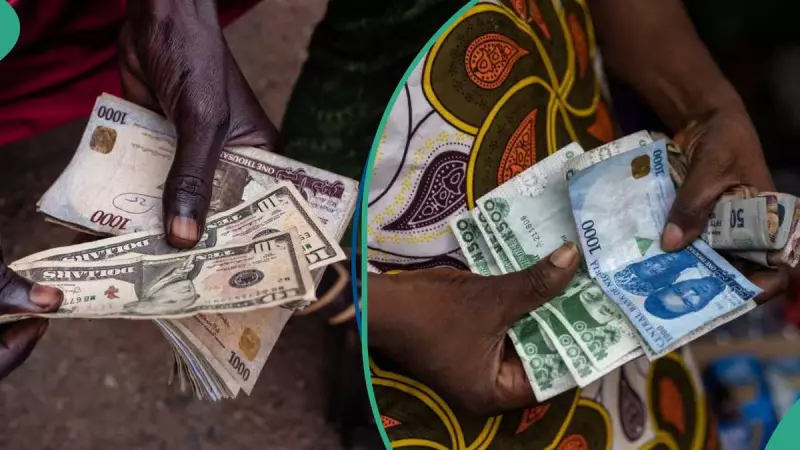
In a surprising turn of events that has captivated forex traders and economic observers alike, the Nigerian Naira has mounted a strong recovery against the US Dollar in the parallel market. This dramatic reversal comes amidst growing concerns about potential political shifts in the United States that could impact global currency markets.
Market Dynamics Show Split Personality
While the unofficial market celebrated the Naira's gains, the official foreign exchange window told a different story. Data from the FMDQ Securities Exchange revealed that at the Nigerian Autonomous Foreign Exchange Market (NAFEM), the Naira actually weakened to N1,539.54 against the Dollar. This divergence between official and parallel market rates continues to highlight the complex dynamics shaping Nigeria's forex landscape.
The Trump Factor: How US Politics Impacts Nigerian Currency
Financial experts are pointing to former US President Donald Trump's strengthened political position as a significant factor influencing market sentiment. As Professor Godwin Owoh, a prominent applied economics scholar, explained: "The potential return of Trump-style policies is creating uncertainty in emerging markets. His America First approach could mean reduced foreign investment flows to developing economies like Nigeria."
Parallel Market Sees Impressive Gains
Despite the official market's struggles, Bureau De Change operators reported encouraging developments. The Naira appreciated significantly, trading between N1,480 and N1,490 per Dollar in many parallel market locations. This represents a notable improvement from recent lows and suggests growing confidence among street-level currency traders.
Expert Analysis: What This Means for Nigeria's Economy
According to financial market specialists, this currency fluctuation reflects broader global economic concerns. The connection between US political developments and Nigerian currency stability has become increasingly apparent. As international investors monitor the American political landscape, emerging market currencies often experience heightened volatility.
The Central Bank of Nigeria continues to implement measures aimed at stabilizing the foreign exchange market, but external factors like potential US policy shifts remain outside their control. This situation underscores the interconnected nature of global finance and how political events in major economies can ripple through markets worldwide.
For Nigerian businesses and individuals who rely on foreign exchange, these developments highlight the importance of staying informed about both domestic policies and international political trends that could affect currency values in the coming months.





